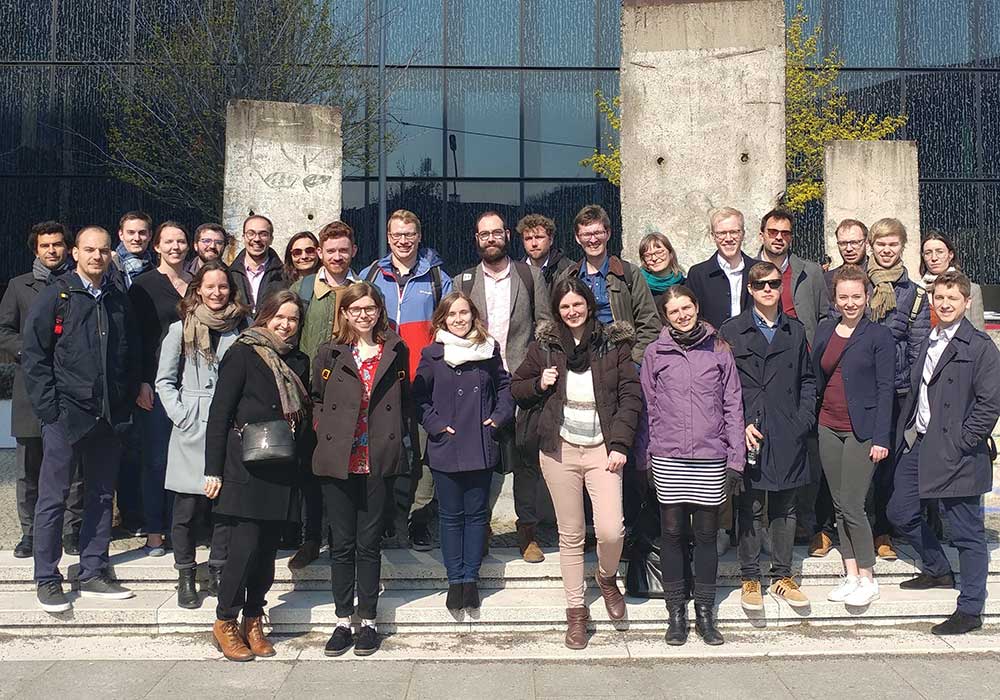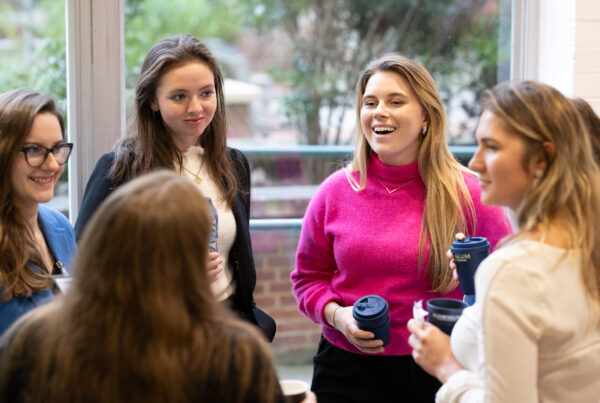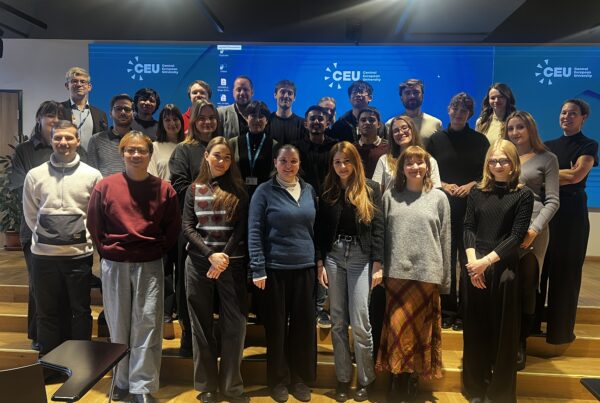
Spurred by Brexit, scholarship programme aims to tackle Europe’s challenges
Study International Staff
January 12, 2018
Social Buzz
2018 has ushered in the launch of a new, European scholarship, which hopes to set the continent’s brightest minds to its challenges.
The Europaeum Scholars programme aims to “produce a new generation of leaders, thinkers, and researchers who have the capacity and desire to shape the future of Europe.”
The scholarship programme was spearheaded by Europaeum, a consortium of leading European universities whose members include Leiden University in the Netherlands, Germany’s Ludwig Maximilian University of Munich, Universitat Pompeu Fabra in Barcelona and the Graduate Institute of International and Development Studies in Geneva, Switzerland.
Prestigious UK-based institutions the University of Oxford and University of St Andrews are also members.
“It is multi-disciplinary, multi-university and multi-locational, and designed to engage academic thinking with the cultural, political, and societal challenges facing Europe today,” according to the Europaeum Scholars website.
It kicked off at Oxford on January 2, where scholars met members of British Parliament, the Bulgarian government, the European DG and heard from leading experts on Brexit and Shakespeare.
“Brexit was absolutely part of it but universities in Helsinki and Madrid and Prague and elsewhere face issues that are just as intractable. There’s the rise of the far right in Germany, the disputes in Catalonia, the tension around migration, and high rates of youth unemployment in places like Greece and Portugal,” one of the scholarship’s founders Andrew Graham told The Guardian.
“These are European problems, not just EU or eurozone problems alone. But it was Brexit that made me think it was time for something fresh.”
The 30 selected scholars will work together over the coming two years through lectures, plenary and small group sessions as well as working on collective projects.
The next module will begin in Brussels in March.



